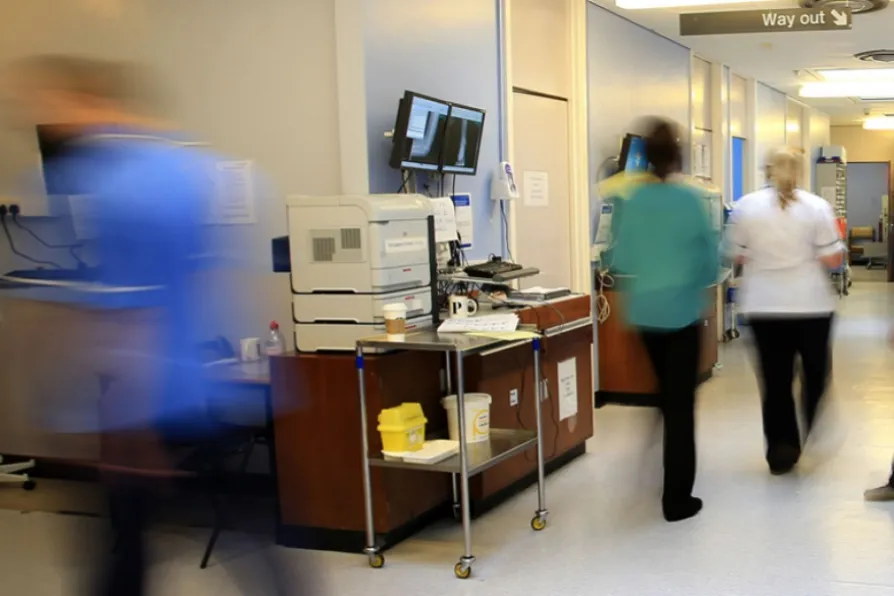The Carpathia isn’t coming to rescue this government still swimming in the mire, writes LINDA PENTZ GUNTER


HAVING already endured many years of below-inflation pay, NHS nurses have now been told that they will not get a rise. Anger is mounting over their exclusion from last week’s public-sector pay award, as the majority of experienced NHS nurses have not seen any significant improvement in their take-home pay from the last three-year deal.
The flames of anger are being fanned further by pronouncements that nurses have already received a pay rise, back in April. Equally, arguments that nurses “are lucky to have jobs” in the face of mass redundancies are going down like a lead balloon.
Nurses, who have risked their lives during the pandemic, were hopeful that the government would play fair and reward them. But they now feel utterly betrayed and their mood is volatile. It takes a lot to goad the average nurse to anger at the way they are treated, but the Tories have succeeded in this feat.

Since 2023, Strike Map has evolved from digital mapping at a national level to organising ‘mega pickets’ — we believe that mass solidarity with localised disputes prepares the ground for future national action, writes HENRY FOWLER

'These figures should be a wake-up call'












